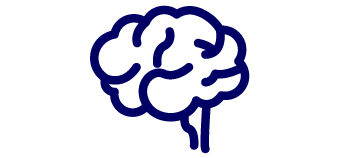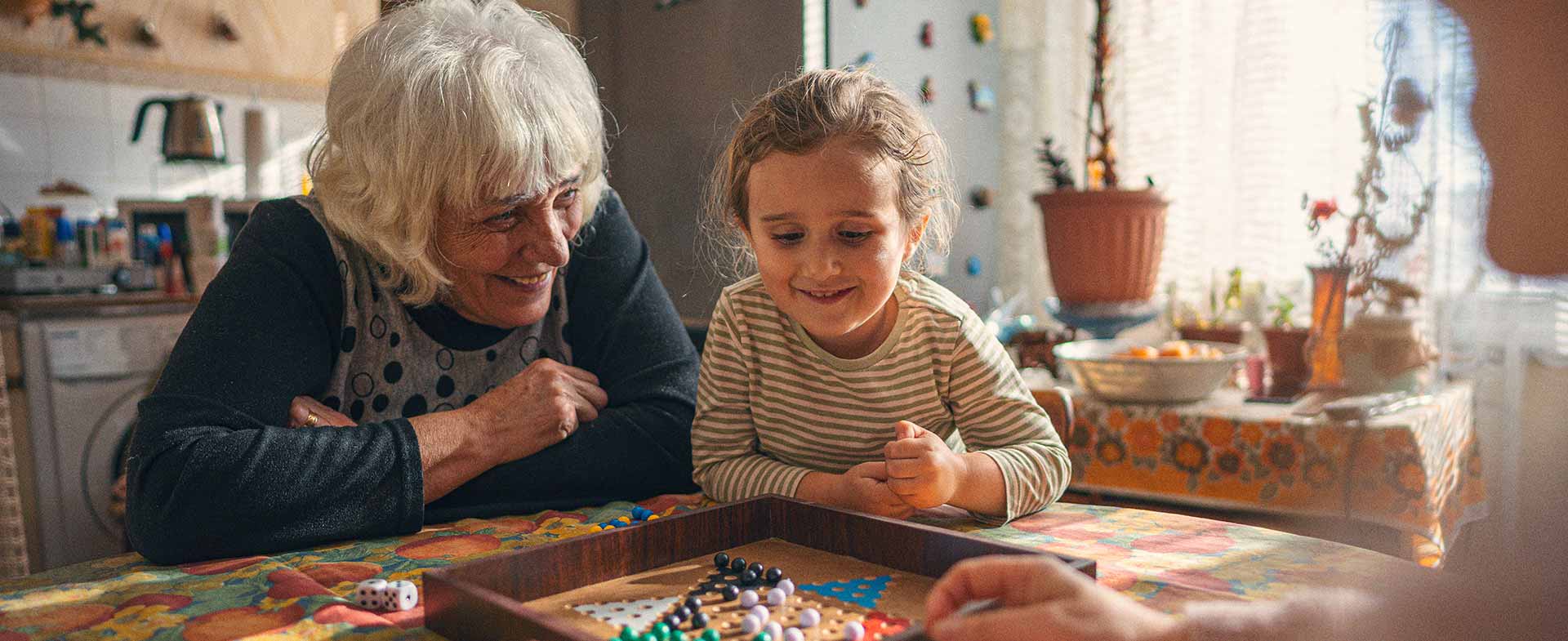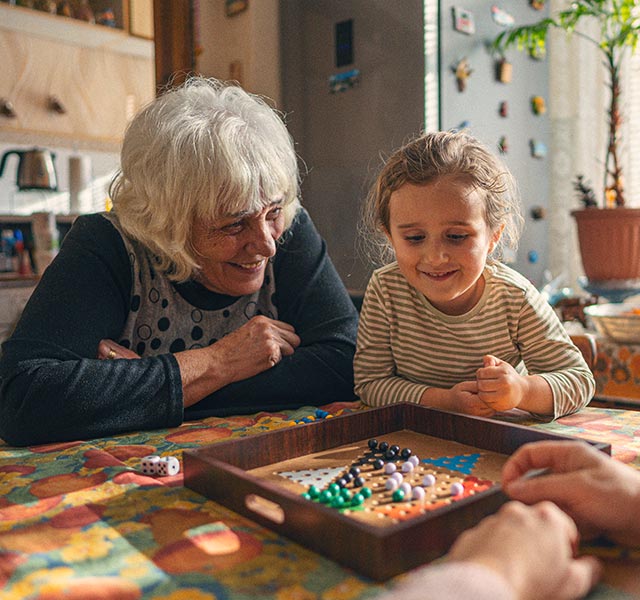Before you’re even born, your brain is busy growing neurons. “Embryos build brain neurons at a rate of 250,000 per minute,” says Maya Pinjala, Ph.D., a neuropsychologist at Henry Ford Health. “And growth continues—although at a less-rapid rate—through early adulthood.”
Sadly, almost as soon as the brain development of childhood and early adulthood is done, your brain power begins to wane. But even though some changes are inevitable as you get older, there are plenty of steps you can take to keep your brain healthy for your whole life.
Childhood Brain Development
Just as your kids’ bodies can sprout up several inches a year, their brains can also continue to form thousands of neurons. “It’s a busy time for brain development, so it’s important for kids to get the tools they need for their brains to stay healthy,” says Dr. Pinjala.
Eating a well-balanced diet that provides plenty of folate, B vitamins, omega-3 fatty acids and choline is important for growing brains. These nutrients feed the brain and help its development stay on track. A diet that includes leafy green vegetables, eggs, fish, nuts, whole grains and berries will ensure a healthy mix of these brain-building essentials.Understanding the Teen Brain
Even if your teenager has reached their full adult height, their brain is nowhere near done growing and changing. The brain is especially busy during the teens and early 20s, maturing and figuring out how to work efficiently.
“The prefrontal cortex is the last part of the brain to develop,” says Dr. Pinjala. “That’s the part of the brain in charge of decision-making and planning ahead.” The fact that it’s still forming explains why teens and young adults struggle with these functions.
By the mid-20s, the brain is finally fully formed. “And pretty soon after, the brain starts to shed neurons and connections we don’t use,” says Dr. Pinjala.
Is It True Your Brain Shrinks with Age?

Henry Ford Neuropyschology
Some brain shrinkage is a natural part of aging. “Starting around age 55, the hippocampus—the part of the brain responsible for learning and memory—shrinks about 1% each year,” says Dr. Pinjala.
The prefrontal cortex is also vulnerable to aging and starts to show signs of decline at midlife. Changes in this part of the brain can impact your ability to multitask, focus and stay on track.
Other natural changes with age affect how well neurons communicate with each other. This can result in slower word recall or forgetting what you wanted after walking into the kitchen.
Drops in estrogen that occur for women around menopause may also impact brain function. It’s not uncommon for women to report an increase in brain fog and memory issues around this transition.
Benefits of an Aging Brain
Getting older isn’t all bad—even when it comes to your brain. Let’s face it, by the time you hit 50, you’ve learned a lot of things. That knowledge can give you an edge over someone younger, even though their brain might process information faster.
Research has also shown that older adults have bigger vocabularies than their younger counterparts (even if you do forget the occasional word!).
How to Slow Down Cognitive Decline: The 6 Pillars of Brain Health
The good news is that while some brain changes are a natural part of aging, there are ways to combat them. “We used to think that once the brain was done growing all its neurons in early adulthood, that was it,” says Dr. Pinjala. “But we now know that new neurons can generate in the hippocampus and other areas of the brain throughout adulthood.”
Keeping your brain healthy as you age can also enhance neural connections and reduce the buildup of plaques that can lead to dementia and Alzheimer’s. Here are what neurologists call the “6 Pillars of Brain Health:”
- Eat a healthy diet: Focus on reducing your intake of processed foods, sweets and high-fat foods in favor of fruits, vegetables, whole grains and lean protein. The Mediterranean diet, DASH and MIND diets include these brain-boosting foods and have been shown to improve brain health.
- Exercise regularly: “Exercising helps grow new neurons in the hippocampus and counteract age-related brain shrinkage,” says Dr. Pinjala. Try to add some movement into your daily routine. Aim for at least 150 minutes of moderate-intensity activity per week, plus at least two sessions of muscle-strengthening exercises.
- Get quality sleep: Sleep is your brain’s time to consolidate memories from the day. “It’s also when the brain washes itself,” says Dr. Pinjala. “During sleep, the brain naturally clears out the byproducts that can build up and contribute to Alzheimer’s.”
- Keep your brain engaged: “Use it or lose it” applies to brain functions as well as physical ones. Challenge your brain daily by learning something new (study a language, play a musical instrument or pick up a new hobby).
- Manage stress: Stress ages the brain, so anything you can do to reduce chronic stress can help. Yoga, meditation or just a daily walk can reduce stress and its effects on your brain.
- Stay social: Social engagement—seeing friends regularly, having daily conversations and interactions—are key to brain health. “We know that isolation and loneliness are risk factors for dementia,” says Dr. Pinjala.
The brain is an amazing organ that has the capacity to change throughout your life. By treating it well, you can help it stay healthier longer.
Dr. Maya Pinjala is a neuropsychologist who sees patients at Henry Ford One Ford Place, Henry Ford Medical Center - Ford Road and Henry Ford West Bloomfield Hospital Clinics.



